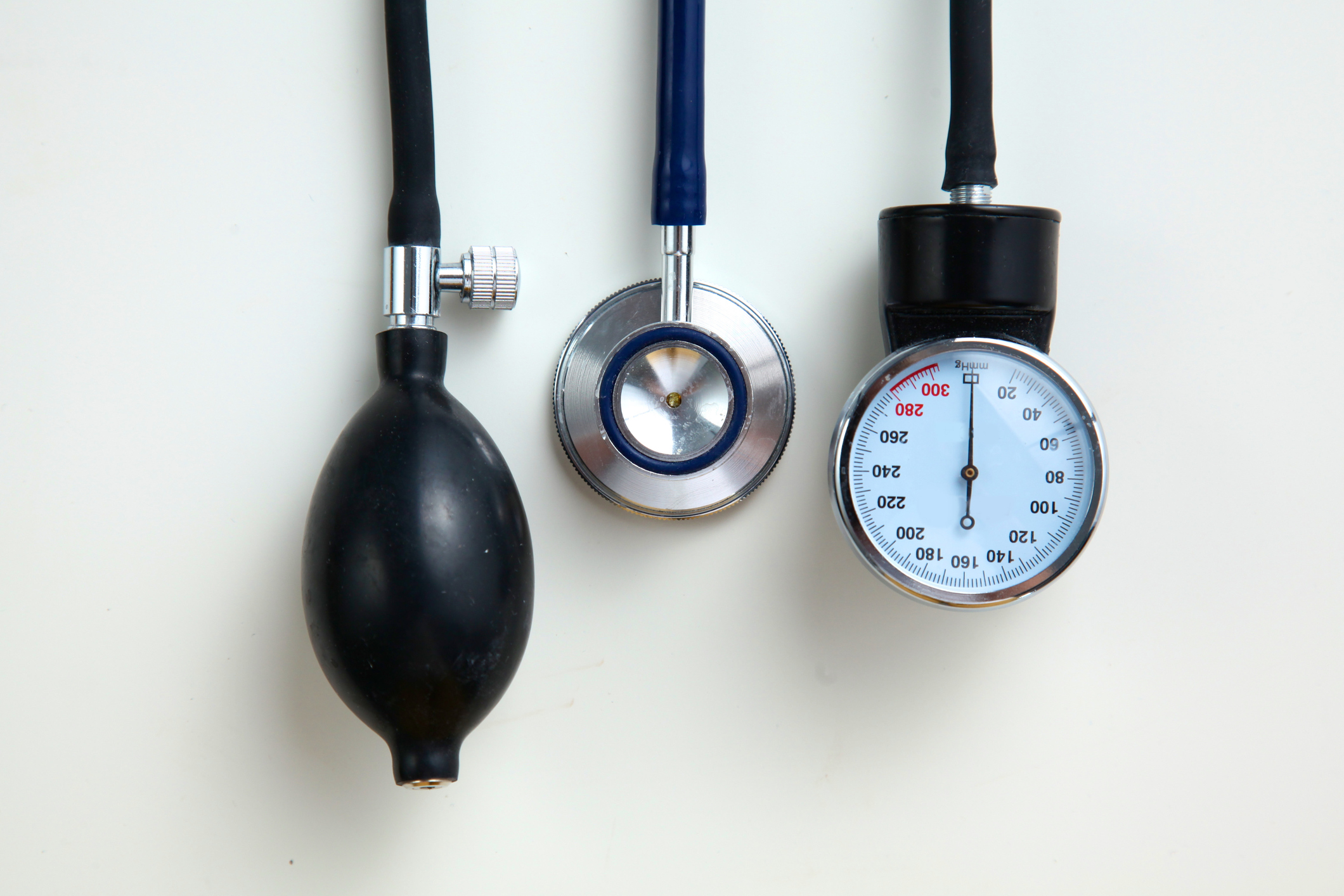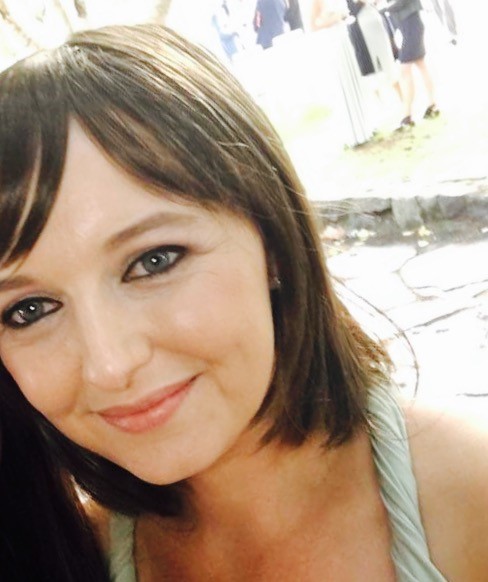-
Firstly, what is blood pressure?
Your heart pumps blood around your body through blood vessels to help keep you alive. The pressure of the blood against the blood vessels changes. Your blood pressure is a measure of the highest pressure and the lowest pressure to give two figures (highest over lowest). Blood pressure is measured in millimetres of mercury (mmHg).
Low blood pressure
Also referred to as hypotension, low blood pressure means your blood is circulating with a lower force than normal It is generally better to have a lower blood pressure than a higher one.
What causes low blood pressure?

-
What causes your blood pressure to drop?
Various issues and environmental factors can contribute to low blood pressure. These include:
- Stress or anxiety
- Dehydration
- Medications
- Pregnancy
- Blood loss from an accident or after donating blood.
You might also feel a temporary drop in your blood pressure if you’re hungry or if you stand up too quickly.
Is low blood pressure cause for concern?
Low blood pressure can be a good thing - professional athletes and people who are extremely fit often report low blood pressure readings. It only becomes an issue if you think it’s having a negative impact on your body and produces symptoms. You should talk to your GP if you’re experiencing symptoms like dizziness, fainting or blurred vision.
Interested in reading more about blood pressure? Take a look at 4 health numbers you need to know or find out what causes other common health conditions like acne, dandruff and muscle cramps.
-
What causes bad breath?
Find out how to keep your mouth smelling fresh
-
Signs to look out for when a cold is getting more serious
When you should see a doctor for a cold.
-
The health checks to keep in mind at different stages in your life
Have you had these health checks?
-
Bowel cancer: risks, symptoms, diagnosis and treatment
Learn more about bowel cancer
-
Flu myths debunked
Is 'man flu' real? Can you catch the flu from the flu vaccine? We separate flu facts from flu fictions.
-
Where to get health support in Australia
An Overseas Student Health Cover member’s guide to key health services and when to use them.
Subscribe to receive the best from Live Better every week. Healthy recipes, exercise tips and activities, offers and promotions – everything to help you eat, move and feel better.
By clicking sign up I understand and agree to Medibank's privacy policy






